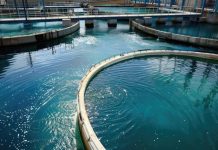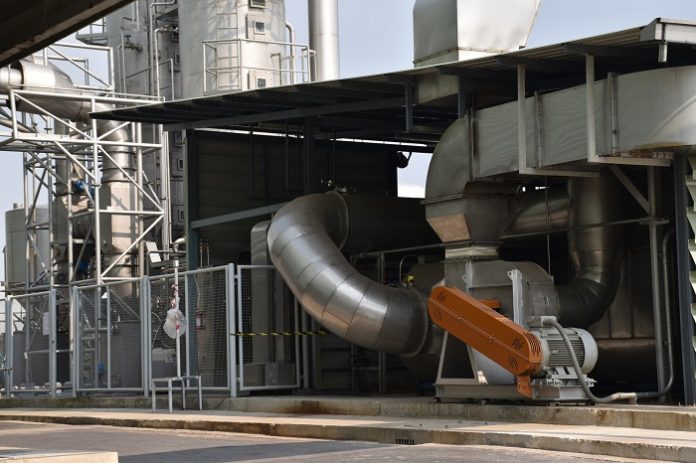Union minister Dr. Jitendra Singh inaugurated a demonstration facility for biopolymers at Jejuri in Pune. The facility has been established by Praj Industries.
Dr. Singh described the facility as a groundbreaking initiative in developing indigenous technology for the production of polylactic acid (PLA) bioplastics. The facility is a significant milestone in India’s pursuit of sustainable solutions and represents the country’s commitment to shifting away from fossil-based plastics toward environmentally friendly alternatives, a move crucial for combating the global plastic pollution crisis.
India’s bioeconomy has surpassed $150 billion in 2023 and is projected to reach $300 billion by 2030.” Dr. Singh pointed out the emphasis on green growth and the initiative to establish India as a net zero carbon economy, alongside the Lifestyle for the Environment (LiFE) initiative launched in October 2022.
The government has approved the BioE3 (biotechnology for economy, environment, and employment) policy from the department of biotechnology, which marks a significant advancement toward sustainable development amid challenges like climate change, dwindling non-renewable resources, and excessive waste generation.
India ranks twelfth globally in biotechnology and third in the Asia-Pacific region. The biotech sector in India is rapidly evolving, with the establishment of 95 bio incubators and a growing number of biotech startups, which have surged from around 50 in 2014 to over 8,500 in 2023.
These initiatives position India at the forefront of the global bioplastics movement, demonstrating how biotechnology can pave the way for a cleaner, more sustainable future.
As reported by pib.gov.in, the new facility is a significant step forward for India’s bioeconomy, showcasing the country’s potential for technological leadership and offering a sustainable approach to minimizing environmental impact.
































